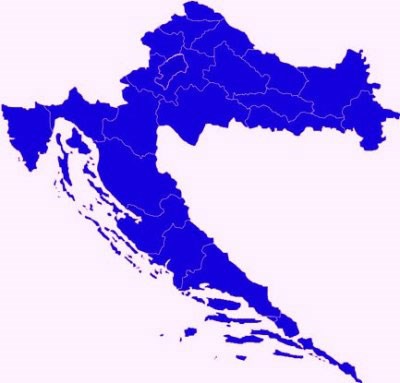- Published: 01.08.2013.
4Hoteliers: Updraft for tourism and new hotels in Croatia
Tourism in Croatia has received an additional boost from the country's entry into the European Union, with more rights for air passengers, lower mobile roaming fees and the government's plan to initiate an investment cycle in hotel and tourism infrastructure of about 7 billion euros until 2020.
All this, according to the global tourism portal 4Hoteliers, should help increase the quality and competitiveness of the Croatian tourist industry internationally. Planned amendments to some laws, such as the one concerning tourism development land, should also contribute to that.
Investments are to be made in modernising the existing tourism infrastructure, including the privatisation of state-owned tourism companies, in small and family-run hotels with credit lines to be offered already this year by the Croatian Bank for Reconstruction and Development, and in expanding services at swimming pools owned by family businesses, to be subsidised by the Tourism Ministry.
These initiatives and the reduced VAT rate should also encourage hotel construction and reconstruction. According to, TopHotelProjects, one of the world's leading providers of global b2b (business to business) hotel data, 12 hotel projects with more than 2,900 rooms are currently in the pipeline.
One of the largest hotel projects is the Gateway Project in the northern Adriatic port city of Rijeka, where a first class hotel with about 600 rooms and luxury apartments, a shopping centre and a marina are planned. The opening is scheduled for the spring of 2014.
Also mentioned is a project by the Dubai-based investment bank Arqaam Capital, which plans to invest about 100 million US dollars in a luxury Hvar Island Resort on the southern Adriatic island. The project should start this year and the resort would be operated by the South African chain Kerzner International Resorts.
Tourism Minister Darko Lorencin has told Hina he is glad that investors are interested in Croatia, particularly because of the 12 state-owned tourism companies which are in the process of pre-bankruptcy settlement and are seeking strategic partners.
Croatia has become more attractive to investors after the VAT rate for restaurant and tourist services was cut from 25% to 10% and after the country joined the European Union, the minister said, hopeful that there will be more similar reports in foreign media and on web portals about Croatian tourism.
Lorencin recalled that Croatia now has a tourism development strategy that makes it clear to investors how the country wants to manage its tourist industry. (Hina)
